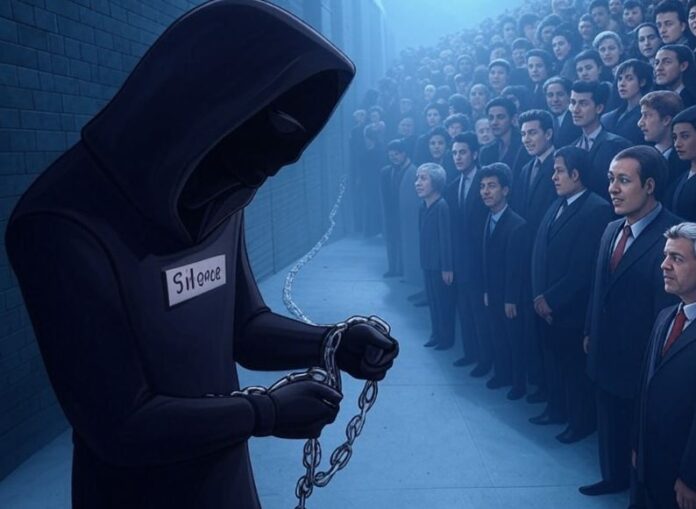In a stark revelation, an estimated 46 million individuals around the globe remain ensnared in modern forms of slavery despite international laws explicitly banning such practices. From forced labor and human trafficking to child marriages, the scourge of modern slavery continues to thrive in the shadows of society.
The countries with the highest prevalence of modern slavery include North Korea, Eritrea, and Mauritania, where state-imposed forced labor and indefinite military service are common. However, when it comes to sheer numbers, India and China stand out, contributing significantly to the global tally due to their large populations and the diverse forms of exploitation present.
Surprisingly, the issue is not confined to developing nations or authoritarian regimes. The United States, despite its wealth and legal frameworks aimed at combating slavery, ranks 10th globally with over one million people in conditions of modern slavery, primarily through human trafficking and forced labor.
While legislatures worldwide have been active in passing anti-slavery laws, the enforcement of these regulations often falls short, allowing modern slavery to persist. The crux of the problem remains the silence and inaction that enable these practices to continue unchecked.
The fight against modern slavery requires not just legislative action but also vigilance, education, and a collective societal commitment to eradicate this human rights violation. Only by breaking the silence can we hope to dismantle the chains of modern slavery once and for all.
Key Points
Global Slavery Scale: An estimated 46 million people are enslaved worldwide in 2024.
Prevalence in 167 Countries: Despite legal bans, modern slavery exists in various forms in 167 countries.
Top Countries by Rate and Numbers: North Korea, Eritrea, and Mauritania have the highest prevalence, while India and China lead in total numbers of enslaved individuals.
U.S. Involvement: The United States ranks 10th globally, with over 1 million people affected, mainly through trafficking and forced labor.
Enforcement Issues: Even with anti-slavery laws, enforcement remains weak in many countries.
Silence as the Enemy: The primary obstacle to ending modern slavery is the lack of acknowledgment and action, highlighting the need for increased awareness and commitment.



